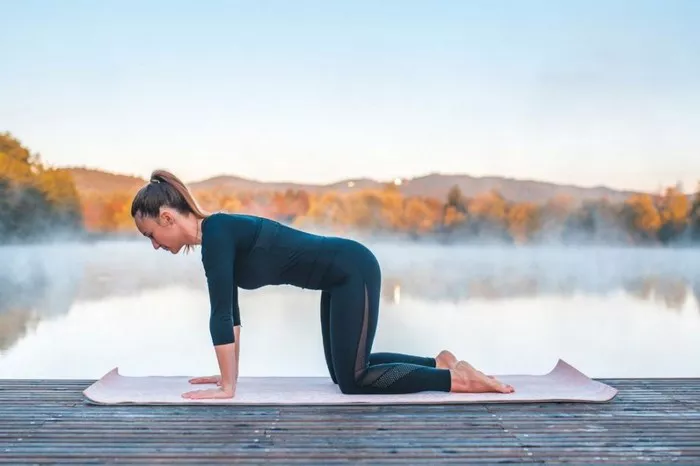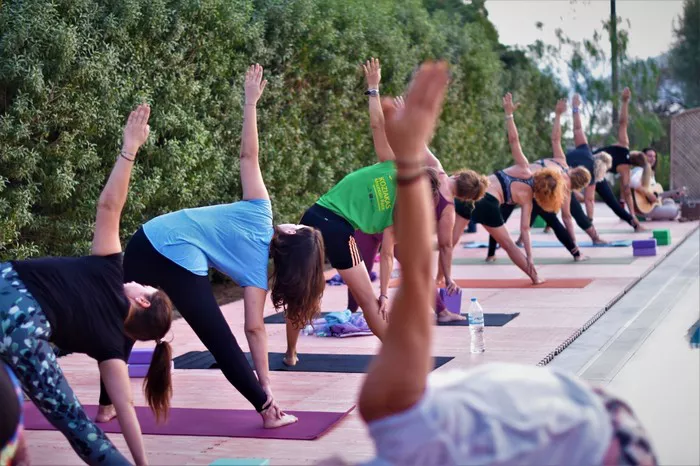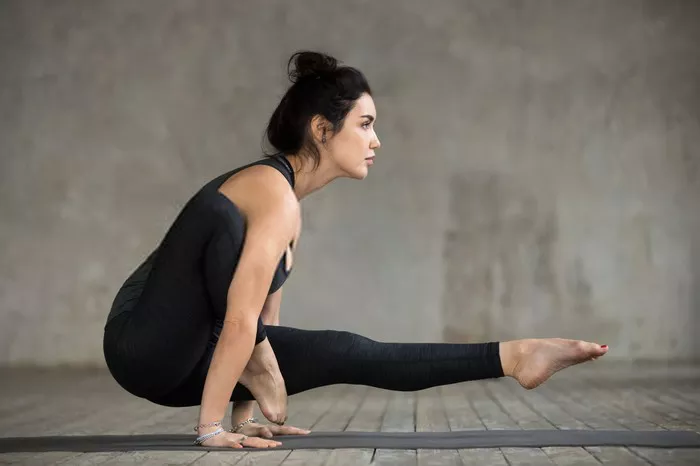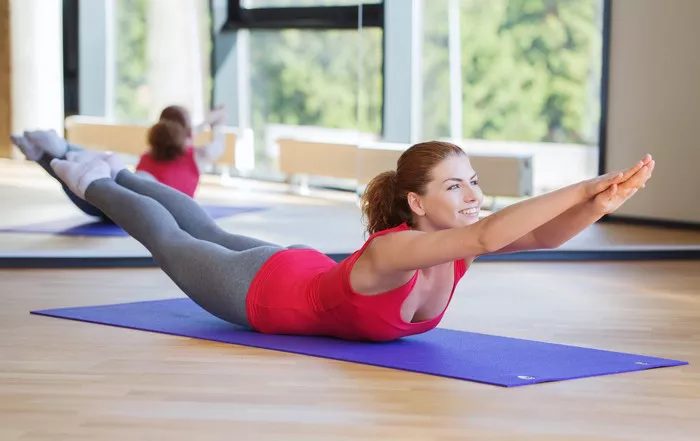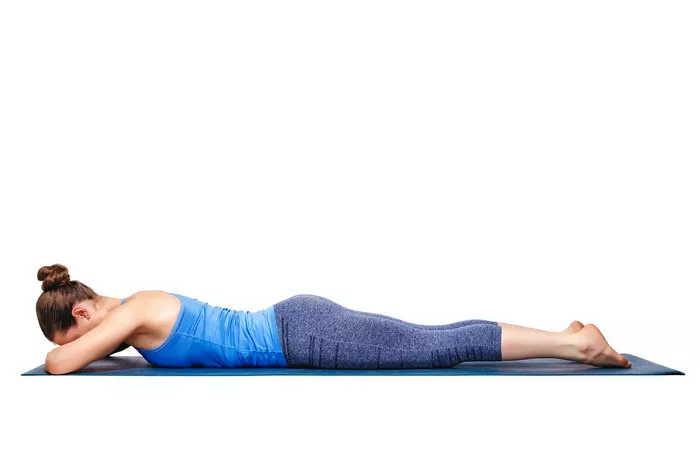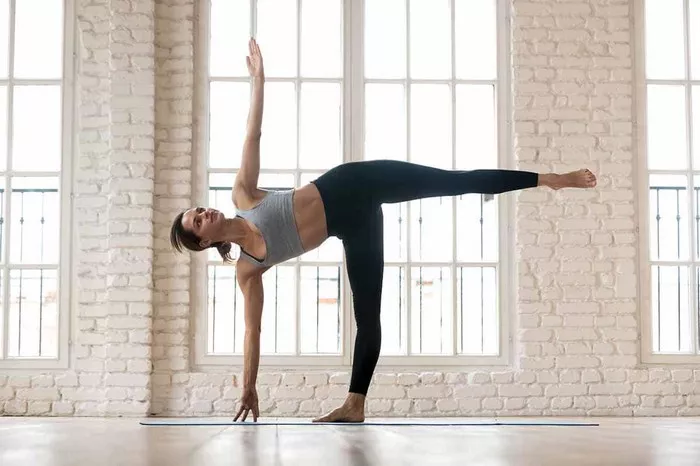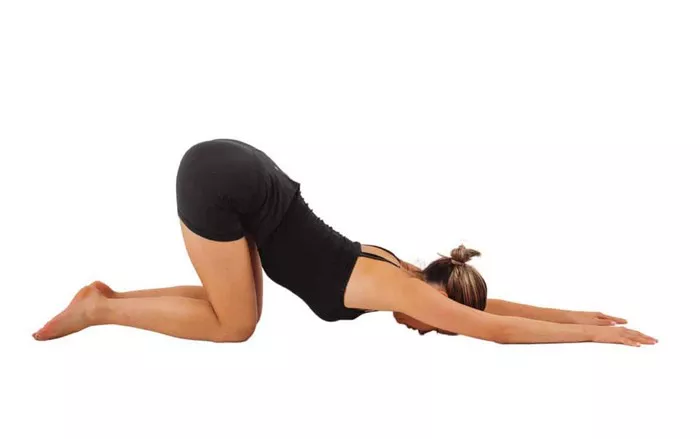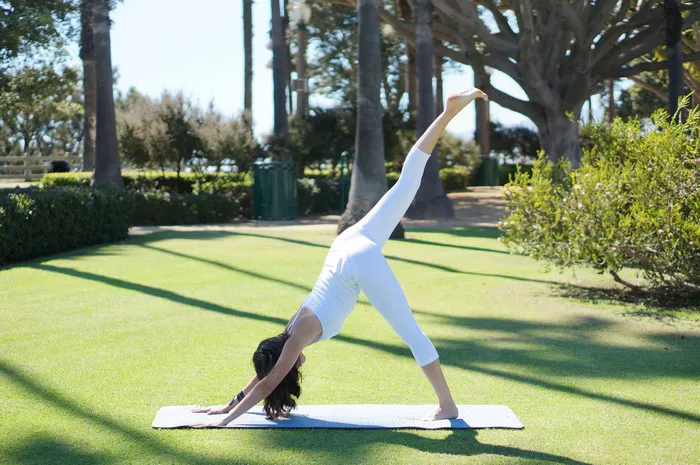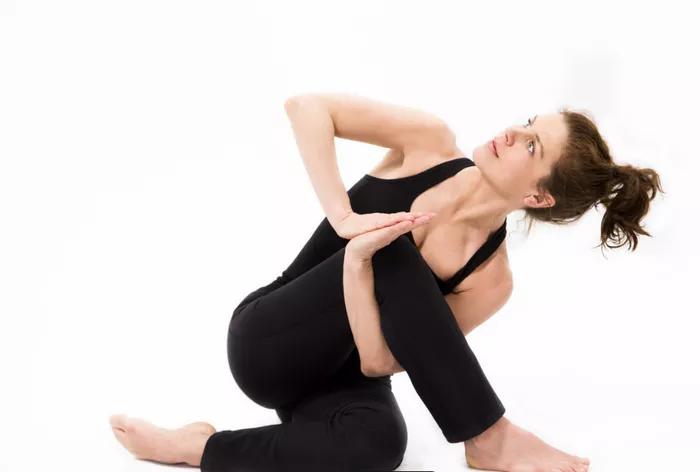Yoga is a practice that has been revered for thousands of years for its physical, mental, and spiritual benefits. It is a system of exercise, breathing, and meditation that works to harmonize the body and mind. Whether you are a beginner or an experienced practitioner, it is common to wonder about the effectiveness of yoga when practiced in limited time frames. One such question that often arises is: Is 15 minutes of yoga a day enough?
This article will explore this question in-depth, offering a comprehensive analysis of the potential benefits of a 15-minute yoga routine, the factors that can influence its effectiveness, and how it compares to longer practices. Additionally, we will provide recommendations on how to make the most of a brief but impactful yoga session.
The Basics of Yoga Practice
Before diving into the specifics of how 15 minutes of yoga can benefit you, let’s take a moment to understand what yoga is and how it works. Yoga is an ancient practice that originated in India and has been adapted and embraced globally. It involves a combination of physical postures (asanas), breathing exercises (pranayama), and meditation techniques designed to improve flexibility, strength, and mental clarity.
Yoga offers various styles, each with a unique approach, such as Hatha, Vinyasa, Ashtanga, Bikram, Iyengar, Kundalini, and Restorative yoga. Despite their differences, all forms of yoga share the central aim of promoting balance and well-being.
How Yoga Works
The physical aspect of yoga involves a range of postures, from simple stretches to more complex sequences. These postures are designed to stretch and strengthen the body, improve posture, and increase flexibility. On a deeper level, yoga also works on a mental and emotional level. The controlled breathing techniques help calm the nervous system, reduce stress, and improve concentration.
Yoga encourages mindfulness, which is the practice of being fully present and engaged in the moment. This element is vital to understanding how yoga works. Even a short session of yoga can have profound effects on the mind and body if practiced mindfully. Yoga’s ability to connect movement, breath, and awareness is what makes it such a transformative practice.
Is 15 Minutes of Yoga a Day Enough?
The question of whether 15 minutes of yoga a day is enough depends on your goals, lifestyle, and the intensity of your yoga practice. While a longer yoga practice (30 minutes to an hour or more) can offer more comprehensive benefits, a shorter session can still be incredibly valuable. Let’s explore some of the reasons why 15 minutes of yoga can be enough, especially when practiced consistently.
1. Consistency is Key
One of the most important factors in the effectiveness of yoga is consistency. A daily practice, even if it is only 15 minutes long, can have more long-term benefits than practicing for an hour once a week. Regular practice allows your body to adapt to the movements and improves flexibility and strength over time. It also helps establish a routine, which can make yoga a regular part of your life.
A 15-minute session is relatively easy to fit into your daily schedule, especially if you have a busy lifestyle. Whether it’s first thing in the morning or before bed, a short but consistent yoga practice can bring structure and mindfulness into your day. With time, you will notice improvements in both your physical health and mental well-being, even with a minimal time commitment.
2. Yoga for Stress Relief
Yoga is widely known for its ability to reduce stress. A short 15-minute yoga session can be a powerful tool for managing anxiety, tension, and emotional strain. Yoga postures that focus on deep breathing, such as Pranayama techniques, activate the parasympathetic nervous system, which induces relaxation and helps reduce the effects of stress.
Even if you don’t have time for an elaborate practice, a 15-minute session can be enough to calm your mind and restore balance to your body. Practices like child’s pose (Balasana), cat-cow stretches (Marjaryasana-Bitilasana), and downward dog (Adho Mukha Svanasana) can promote deep breathing and relaxation in a short amount of time.
3. Mental Clarity and Focus
Yoga not only enhances physical strength but also improves mental clarity. A quick session of yoga can help clear your mind and improve your focus for the rest of the day. By engaging in a short practice, you can enhance your ability to concentrate on tasks, boost productivity, and reduce feelings of mental fatigue.
The benefits of yoga for the mind are particularly helpful for those who experience high levels of stress or those in demanding jobs or studies. A brief practice provides a mental reset and can improve your cognitive function and overall emotional resilience.
4. Flexibility and Mobility
Yoga is renowned for increasing flexibility and mobility. Even 15 minutes of yoga can be enough to target areas that are stiff or tight, such as the hips, back, and shoulders. Gentle stretches and specific poses can lengthen muscles and improve joint range of motion over time.
For example, focusing on postures like forward folds, gentle twists, and hip-openers can alleviate tightness and improve mobility. This is especially beneficial for people who sit for long hours or have a sedentary lifestyle. A daily 15-minute session can help improve posture, reduce aches and pains, and prevent injury.
5. Strength Building
While longer yoga practices tend to focus more on strength and endurance, a short 15-minute session can still offer significant benefits for building strength. Yoga postures like Plank (Phalakasana), Chair Pose (Utkatasana), and Warrior Pose (Virabhadrasana) engage core muscles, improve balance, and build overall strength.
A 15-minute yoga session focusing on these strength-building postures can gradually enhance muscle tone and physical endurance. For beginners or those looking to maintain fitness, these shorter sessions can be a valuable way to incorporate strength training into your routine without requiring a long time commitment.
6. Breath Awareness and Relaxation
Breathwork, or Pranayama, is an integral part of yoga that can have profound effects on your physical and emotional health. Even a short yoga session can include breath-focused practices that help reduce stress, regulate emotions, and promote relaxation. Focusing on slow, deep breaths enhances oxygen flow to the brain and muscles, leading to a feeling of calm and well-being.
Practices like Nadi Shodhana (alternate nostril breathing) or Ujjayi (victorious breath) are particularly effective in calming the mind and can easily be incorporated into a 15-minute routine.
7. Tailored Practices for Time Constraints
While 15 minutes is short, it is enough time to tailor your practice to your specific needs. If you only have a few minutes to spare, you can create a focused session that targets your immediate goals. For example, you might do a short sequence to stretch your neck and shoulders after sitting at a desk all day, or practice breathing exercises before bed to relax.
Some yoga practitioners focus on specific aspects of their practice depending on their needs. You can customize your 15-minute practice based on whether you need energy, relaxation, or flexibility. This adaptability makes yoga a perfect solution for those with limited time.
8. Enhancing Your Sleep
Yoga can be incredibly beneficial for sleep, especially when practiced before bedtime. A short 15-minute session that includes gentle stretches, breathing exercises, and relaxation techniques can help wind down the nervous system and prepare the body for a restful night’s sleep.
Postures such as legs up the wall (Viparita Karani) and reclining bound angle pose (Supta Baddha Konasana) are excellent for relaxation and sleep improvement. When practiced before bed, a short yoga routine helps reduce the tension accumulated during the day, promoting a deep and restorative sleep.
9. Holistic Health Approach
Yoga is more than just physical exercise; it is a holistic practice that aims to unify the body, mind, and spirit. Even with just 15 minutes of yoga per day, you can experience benefits that extend beyond physical health. Yoga enhances self-awareness, promotes mental peace, and encourages mindfulness, which are key to overall well-being.
Incorporating yoga into your life—even in brief sessions—can help you cultivate a deeper sense of connection with yourself, reduce negative thought patterns, and encourage a positive outlook. It fosters an attitude of self-care that can improve every aspect of your life.
How to Make the Most of Your 15-Minute Yoga Routine
To maximize the benefits of a 15-minute yoga session, it is important to approach the practice with intention and mindfulness. Here are some tips for making your short practice effective:
Set an Intention: Before starting, take a moment to set a clear intention for your practice. Whether it’s relieving stress, improving flexibility, or enhancing mental clarity, setting an intention helps guide your practice and focus your energy.
Breathe Deeply: Focus on your breath throughout your practice. Deep, mindful breathing enhances relaxation and helps you stay present in the moment.
Choose the Right Sequence: Select poses that target your specific needs. If you’re looking for relaxation, incorporate forward folds and stretches. If you want to build strength, include postures like Plank and Warrior.
Move Mindfully: Even in a short practice, be present with each movement. Take your time in each pose, focusing on proper alignment and breath control. Moving with awareness enhances the benefits of each posture.
End with Relaxation: Even in a short session, always leave a few minutes for relaxation, such as a brief Savasana or seated meditation. This helps your body absorb the benefits of the practice and calms the mind.
Conclusion
In conclusion, 15 minutes of yoga a day can absolutely be enough to experience a range of physical and mental benefits. While longer practices provide the opportunity for deeper exploration of poses and greater intensity, a brief, consistent practice can still lead to improvements in flexibility, strength, stress management, mental clarity, and overall well-being.
Ultimately, the key to success in yoga is consistency. Whether you have 15 minutes or an hour to devote to your practice, regularity is what will bring the most significant results. If 15 minutes is all the time you have, don’t hesitate to practice. With dedication and mindful engagement, you can reap the many benefits of yoga, one small session at a time.
Related Topics:


